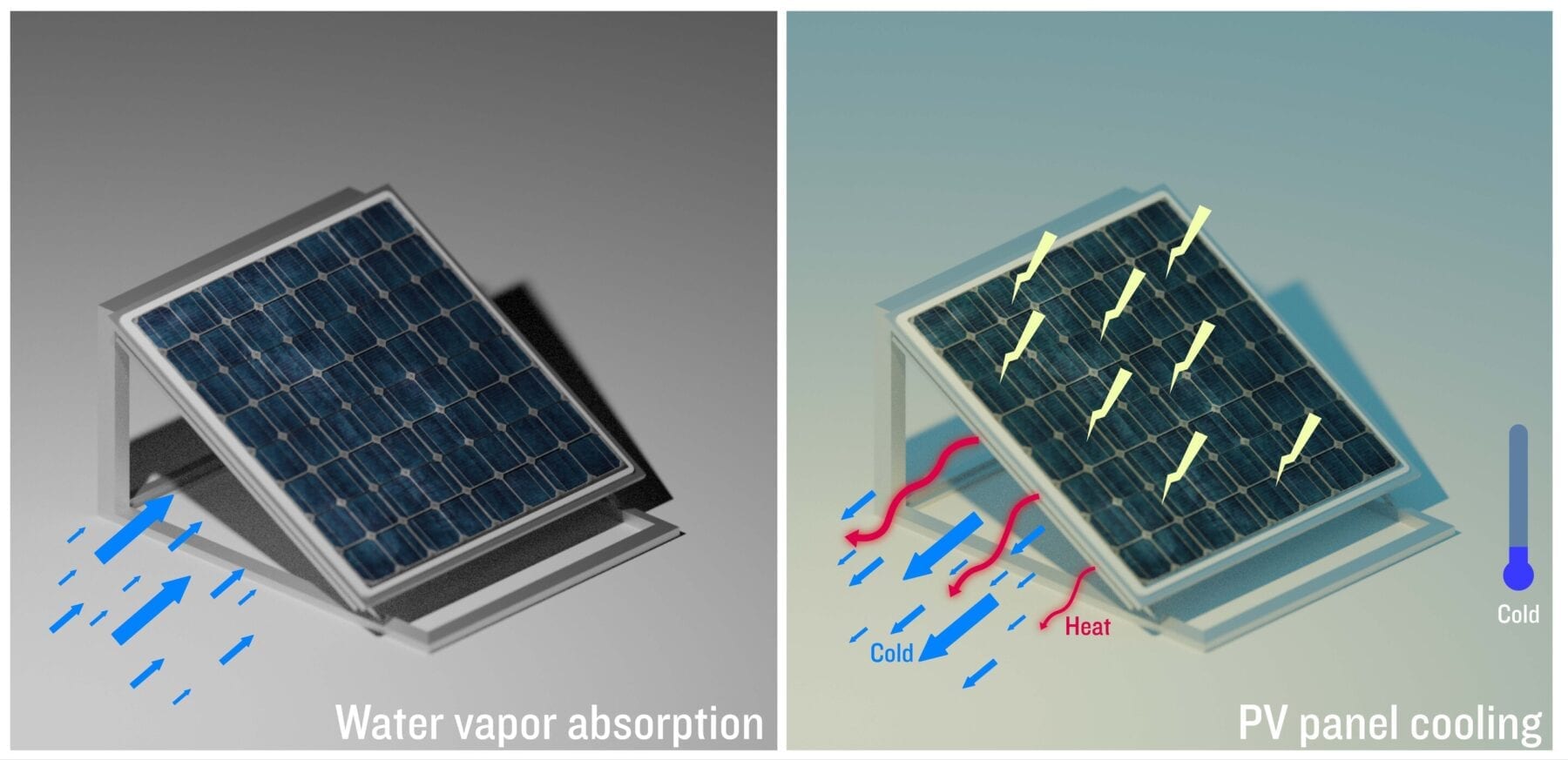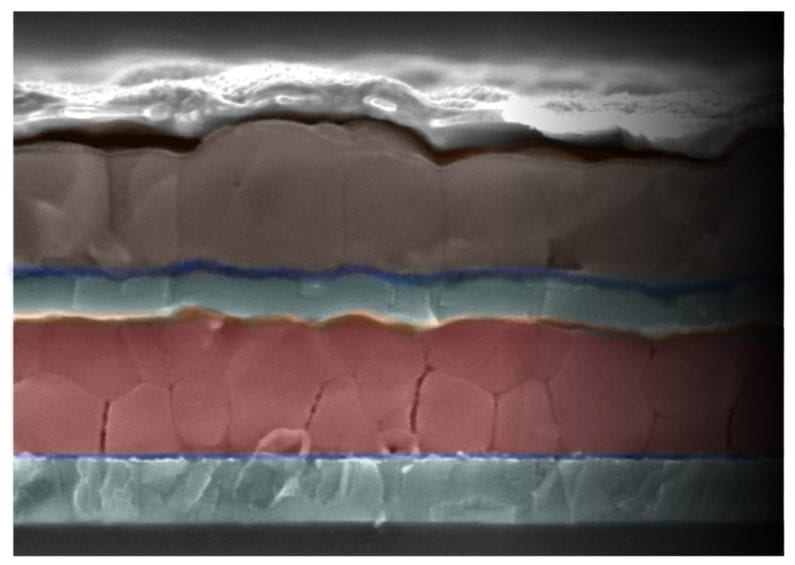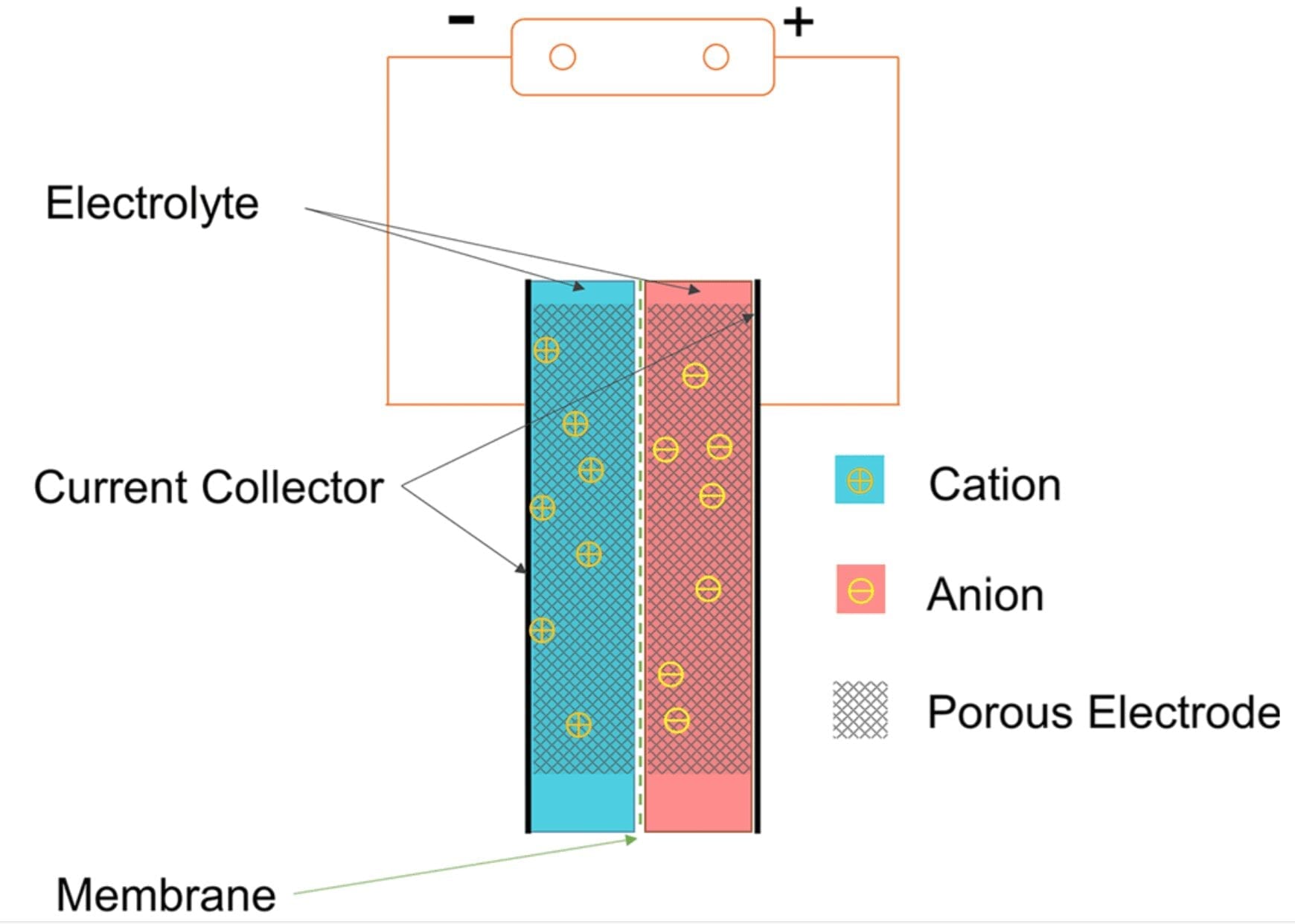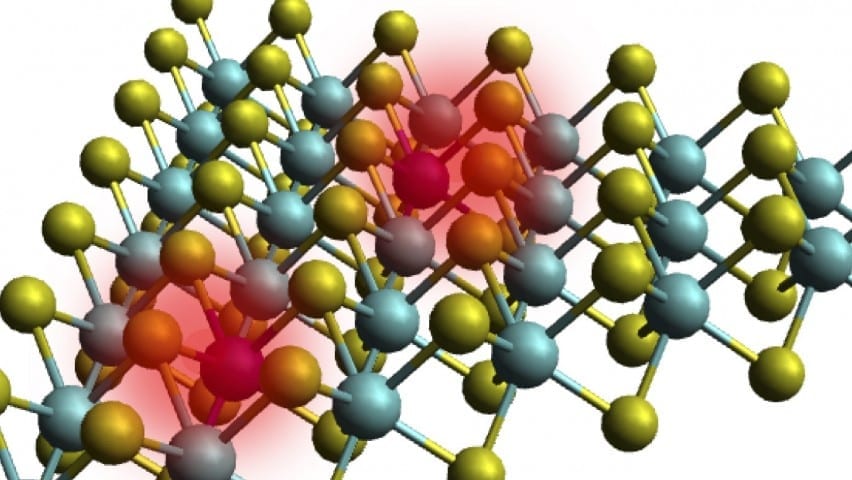
When the gel is fully filled with water, it can free enough water to reduce panel temperatures by 10 degrees Celsius
Credit: KAUST; Youssef A. Khalil
A cooling system developed at KAUST has improved the efficiency of a prototype solar panel up to 20 percent and requires no external energy source to operate.
Commercial silicon photovoltaic panels are only able to transform a small portion of absorbed sunlight into electricity, while the remainder of the radiation becomes heat. Because solar panels are less efficient for every degree rise in temperature, the problem of heat dissipation becomes more acute in hot environments, such as the Arabian desert.
Unfortunately, efforts to cool solar panels with conventional techniques, including refrigeration or air conditioning, tend to consume more energy than can be gained back through efficiency boosts. Now, a team led by Peng Wang from KAUST’s Water Desalination and Reuse Center has produced a proof-of-concept device that aims to solve this conundrum by tapping into the natural properties of the Earth’s climate.
Previously, the KAUST researchers developed a polymer containing calcium chloride, a powerful desiccant. When exposed to humid air, this material gradually expands as the calcium salts pull water into the gel, eventually doubling its initial weight. By incorporating heat-absorbing carbon nanotubes into the polymer framework, the team found they could reverse this cycle and trigger release of water with solar energy.
Renyuan Li, who was a Ph.D. student and is now a postdoctoral researcher in Wang’s group, notes that one of the intriguing properties of the gel was its ability to self-adhere to numerous surfaces–including the underside of solar panels. After controlled experiments with artificial sunlight revealed that a fully filled gel could free enough water to reduce panel temperatures by 10 degrees Celsius, the team decided to build a prototype for outdoor tests at KAUST.
During both summer and winter seasons, the researchers watched as the gel absorbed water from the muggy overnight air and then released the liquid as the daytime temperatures ramped up. Surprisingly, the solar panels showed an increase in efficiency even greater than that of the indoor experiments, a jump the researchers theorize may be due to improved heat and mass transfer outdoors, for example.
“This work shows the benefits of using atmospheric water generation to help fight climate change,” says Li. “We believe this cooling technology can fulfill the requirements of many applications because water vapor is everywhere and this cooling technology is easy to adapt to different scales. The technology could be made as small as several millimeters for electronic devices, hundreds of square meters for a building, or even larger for passive cooling of power plants.”
The Latest Updates from Bing News & Google News
Go deeper with Bing News on:
Solar cell cooling system
- Powin Pod energy storage platform introduced at Cleanpower 2024
The new multi-cell-based hardware platform complements the Centipede product line and is designed for utility-scale projects.
- Powin releases new utility-scale battery system
Powin has announced its new multi-cell-based hardware platform, the Powin Pod, designed for utility-scale projects. "We consistently challenge ourselves ...
- Sungrow to showcase state-of-the-art solar and storage solutions at CLEANPOWER 2024
COSTA MESA, Calif., May 7, 2024 /PRNewswire/ -- Sungrow, the global leading PV inverter and energy storage system provider, showcases the next generation of liquid-cooled battery energy storage ...
- The Evolution Of Solar Energy: How Solar Panels Have Changed Over The Years
The evolution of solar is a long story that hasn't come close to finishing. Here's how solar panels have changed and evolved over the years.
- Autonomous solar-powered catamarans for enhanced marine cloud brightening
Rinaldo Brutoco, founding president and chief executive officer of World Business Academy, shares a novel approach to combat climate change.
Go deeper with Google Headlines on:
Solar cell cooling system
[google_news title=”” keyword=”solar cell cooling system” num_posts=”5″ blurb_length=”0″ show_thumb=”left”]
Go deeper with Bing News on:
Solar panel cooling system
- The Advantages of Home Solar Systems
As concerns about climate change and the depletion of non-renewable resources continue to grow, more and more homeowners are turning to alternative forms of energy to power their homes. One of the ...
- How to avoid a contractor nightmare when electrifying your home
One of them, often intoxicated, turned a simple interior design project into a three-year ordeal. Another did such a shoddy job installing wood flooring, it all had to be ripped up. “We finally paid ...
- The Evolution Of Solar Energy: How Solar Panels Have Changed Over The Years
The evolution of solar is a long story that hasn't come close to finishing. Here's how solar panels have changed and evolved over the years.
- Best Solar Stocks
Renewable energy has become a major theme for forward-looking investors and several different niches within the energy sector are looking to enhance it. Water, wind and solar power are the biggest ...
- Best Solar Companies of 2024
The best solar companies in 2024 are SunPower, Freedom Solar Power, Palmetto and Sunrun. Robust warranties and good customer satisfaction scores set them apart.
Go deeper with Google Headlines on:
Solar panel cooling system
[google_news title=”” keyword=”disease” num_posts=”5″ blurb_length=”0″ show_thumb=”left”]










